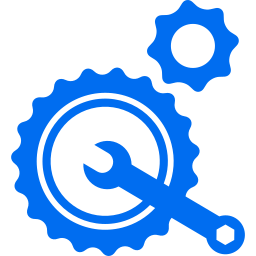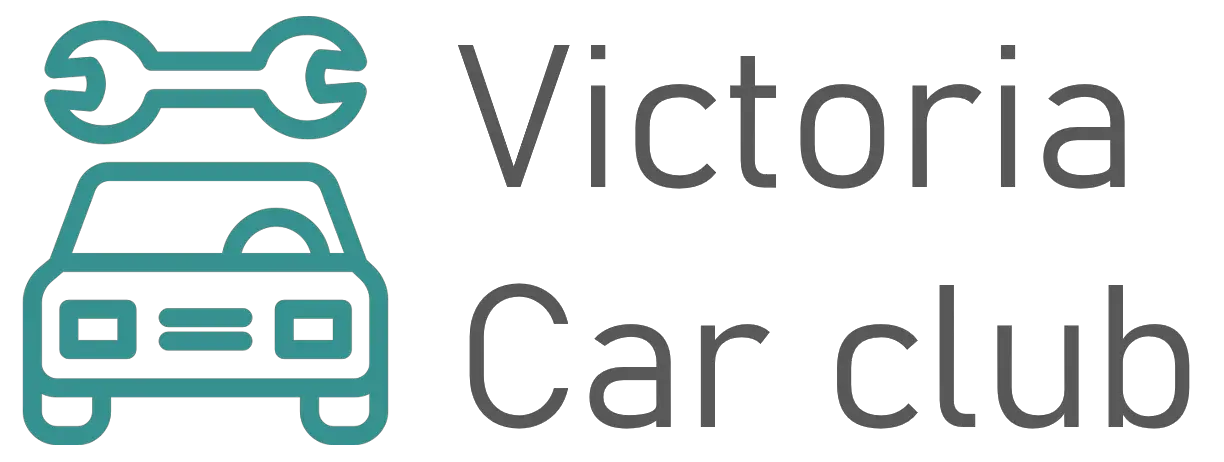Being the target of recurring problems on your vehicle is extremely irritating, in addition to the economic burden that these complications represent, one must also add the time lost with a non-functional Dodge Charger and the time spent to diagnose and fix the malfunction. On the other hand, some problems are less significant than others, which is not to say that they do not worry us. On this page we are going to take a look at a trouble that can affect everyone, having vibrations at acceleration on Dodge Charger. This trouble can often be tricky to perceive but it must be dealt with. We will therefore begin our content with the origins of these vibrations on Dodge Charger, then, with the answers you have to reduce or stop these tremors.

Why does my Dodge Charger emit vibrations when accelerating?
So let’s begin our content with the origins of this kind of trouble on your car. You should already know that an engine, especially if it is old or if it has been driven quite a bit, can naturally vibrate without being a trouble behind it. Large diesel engines, especially those with a lot of torque, can trigger this kind of feeling, both at idle and when accelerating.
I feel vibrations on my Dodge Charger only when accelerating
Let’s take the most interesting circumstance for us in this content. The simple fact that you experience trembling on your Dodge Charger during your acceleration phases, in this situation you will have to verify the condition of different elements because many of elements can be at the origin of these vibrations and whether or not you are unfortunate a mix of several of them may also be possible, here is the list of parts that can be involved.
- Turbo: If the turbo of your Dodge Charger is faulty, it may trigger vibrations that you will feel when you accelerate at the moment it is activated.
- The turbo pressure sensor: This sensor will manage the pressure exerted in the turbo of your car, if it fails it may disrupt the behavior of your turbo and develop vibrations that you may come to feel at the time of acceleration of your Dodge Charger.
- If the turbo is punctured or ruined, the effect will be the same, the power supply of your turbo will be disturbed and its behavior too. Remember to visually check their state.
.
I’m having vibrations on my Dodge Charger at acceleration and deceleration
We will now focus on the case where you come to feel vibrations on your Dodge Charger when you are accelerating but also when you are idling. If you only come to feel vibrations when you are idling on your Dodge Charger, please read our content focused upon this trouble to resolve your problem. If, however, you realize that your Dodge Charger vibrates when accelerating but also when it is stopped, here is the list of things to check:
- EGR valve: In truth this valve which controls the return of exhaust gases for pollution standards can become dirty and affect the evacuation of exhaust gases which can trigger Dodge Charger vibrates when accelerating but also when stopped.
- Injectors: Your injectors that control the fuel/air mixture flow may be dirty or damaged, which will generate the wrong amount of mixture and thus prevent your engine block from working properly, it is even possible that one or more of your cylinders are not running effectively.
- Fuel Filter: Like the injectors, if the filter is clogged it will not let the fuel pass effectively and therefore affect the performance of your Dodge Charger, up to the point of leading to vibrations during acceleration.
Here are the most important motives of a Dodge Charger that vibrates at acceleration
What can I do to stop the vibration when I accelerate on my Dodge Charger? What can I do?
Finally, in this last part, we will tell you the answers available to you to get over these tremors on your car when you accelerate. Here is the best attitude to adopt in accordance with the part that is affected:
- Turbo: If your turbo starts all these vibrations when you accelerate your Dodge Charger, it will be good for you to control all the parts linked to it because changing a complete turbo is a big budget and most of the time the trouble does not come specifically from the turbo. So remember to examine your turbo pressure sensor, your flowmeter, the EGR valve and the hoses of your turbo. Otherwise take your Dodge Charger to your garage area.
- EGR valve: The EGR valve has the advantage that it is often times easy to access and easy to take apart/clean. You can always check out it and clean it, for this see our content on cleaning the EGR valve of an Dodge Charger.
- Injectors: Injectors are very delicate parts and a few harmful particles may be enough to affect their performance. Use a fuel additive to simply clean the injectors, if this is not enough you will have to go to a expert.
- Fuel Filter: If it is the fuel filter, only change it. A fuel filter doesn’t clean itself, so if it is clogged you will just have to replace it with a new one.
Now you have all the information you need to find the origin of the vibrations at acceleration on your Dodge Charger. If you don’t feel able to execute certain operations don’t hesitate to go to your mechanic.
To get more tips on the Dodge Charger, take a look at the Dodge Charger category.

